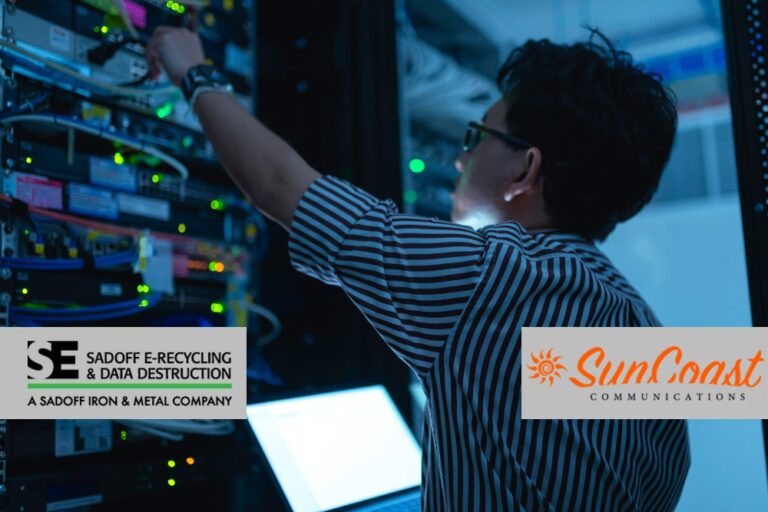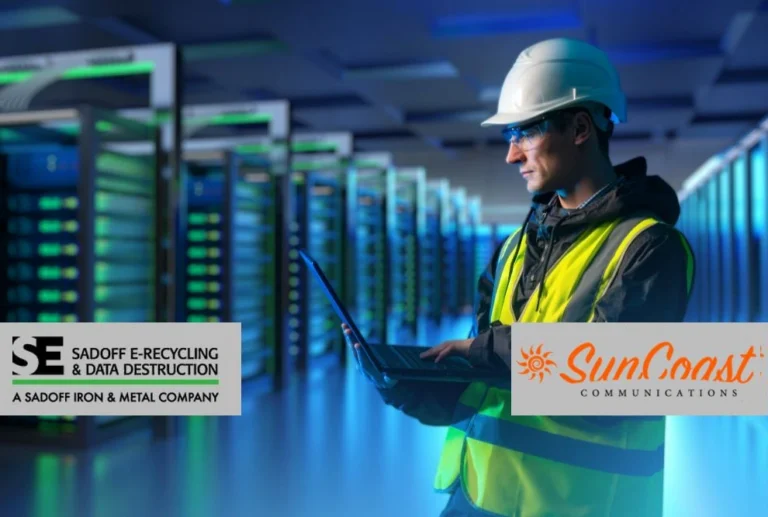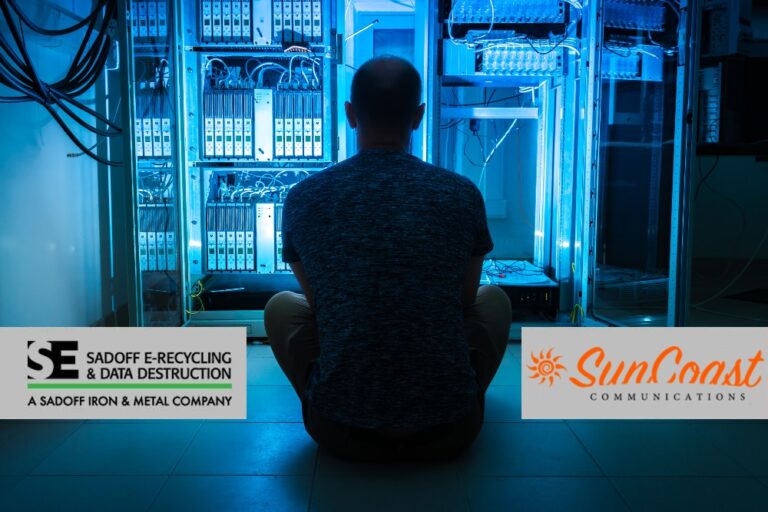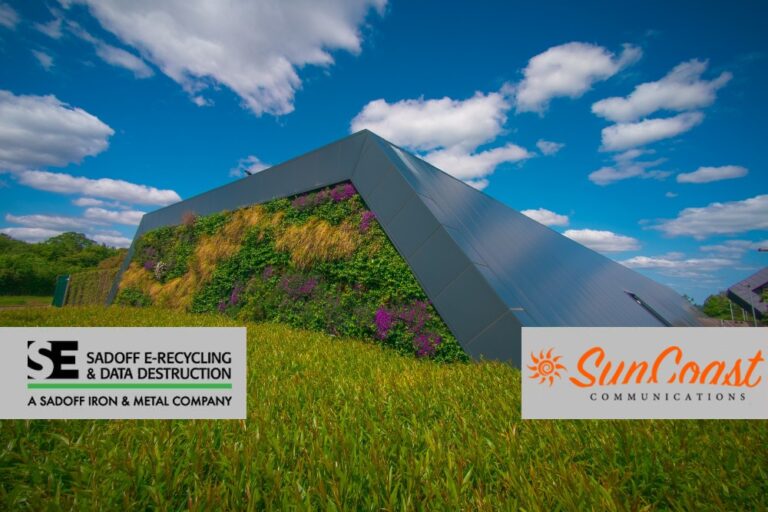Sustainable Data Centers: Efficiency and the Environment
Data centers are the heart of our digital world, powering everything from cloud computing to online services. But with this power comes a significant environmental responsibility. Data centers consume vast amounts of energy and resources, contributing to greenhouse gas emissions and electronic waste. However, the industry is increasingly embracing sustainability, seeking ways to minimize its environmental footprint while maximizing efficiency.
The Growing Importance of Sustainable Data Centers
The demand for data storage and processing is only increasing, making sustainable data center practices more critical than ever. Businesses, governments, and consumers are all demanding environmentally responsible solutions. Sustainable data centers not only reduce environmental impact but also offer economic benefits, such as lower operating costs and improved brand reputation.
Key Strategies for Sustainable Data Centers
- Energy Efficiency:
Energy consumption is a major concern for data centers. Implementing energy-efficient technologies and practices can significantly reduce their carbon footprint. This includes upgrading to energy-efficient servers and networking equipment, choosing equipment with high efficiency ratings and power management features. Optimizing cooling systems is also crucial, and this can be achieved through implementing efficient cooling technologies such as free air cooling, liquid cooling, and hot/cold aisle containment.
Furthermore, utilizing virtualization and cloud computing helps consolidate physical servers and optimize resource utilization. Finally, implementing smart power management systems that use software and sensors to monitor and control energy usage in real-time can make a substantial difference.
Read More: How to Build a Resilient Telecom Network
- Water Conservation:
Water is another critical resource in data center operations, primarily for cooling. Implementing water-efficient technologies can significantly reduce water usage. This can involve optimizing cooling systems by implementing water-efficient cooling towers, evaporative cooling, and closed-loop systems.
In addition, utilizing rainwater harvesting to collect and utilize rainwater for non-potable uses such as irrigation and cooling tower makeup water can reduce reliance on municipal water sources. Implementing water leak detection systems to prevent water waste by quickly identifying and addressing any leaks is also an important step.
- Waste Reduction and Responsible E-Waste Management:
Data centers generate a significant amount of electronic waste (e-waste). Implementing a robust e-waste management program is essential for minimizing environmental impact. This includes partnering with responsible e-recyclers like Sadoff E-Recycling & Data Destruction to ensure secure and environmentally sound disposal of outdated equipment. Extending equipment lifespan by maximizing the life of your equipment through proper maintenance, repairs, and upgrades is another important aspect of responsible e-waste management. Finally, exploring reuse and repurposing options for old equipment, such as repurposing it for different applications or selling it to the secondary market, can further reduce environmental impact.
Read More: 5 Ways to Ensure a Successful Data Center Decommissioning
- Renewable Energy:
Transitioning to renewable energy sources is a key step toward sustainable data center operations. This can involve exploring on-site renewable energy generation by installing solar panels or wind turbines to generate clean energy on-site.
Procuring renewable energy from the grid by choosing electricity providers that offer renewable energy options is another viable strategy. Supporting renewable energy initiatives by investing in renewable energy projects and advocating for policies that promote clean energy adoption can also contribute to a more sustainable future.
- Monitoring and Continuous Improvement:

Continuous monitoring and improvement are essential for achieving long-term sustainability goals. This involves tracking key performance indicators (KPIs) such as energy consumption, water usage, waste generation, and other relevant metrics to track progress.
Conducting regular audits, such as energy audits and waste audits, can help identify areas for improvement. Setting ambitious sustainability goals and developing action plans to achieve them is also important. Finally, staying informed about best practices by keeping up-to-date with the latest advancements in data center sustainability and adopting new technologies and strategies as appropriate ensures continuous improvement.
SunCoast Communications: Your Partner in Sustainable Data Center Solutions
SunCoast Communications is committed to helping businesses build and operate sustainable data centers. We offer a range of services and solutions to support your sustainability goals, including:
- Procurement of energy-efficient equipment: We offer a wide selection of new and refurbished telecom equipment that meets the highest energy efficiency standards.
- Data center decommissioning: We can help you decommission your data center in an environmentally responsible manner, ensuring secure data destruction and responsible e-waste recycling through our partnership with Sadoff E-Recycling & Data Destruction.
- Sustainability consulting: We can provide guidance and support on implementing sustainable practices in your data center.
Contact SunCoast Communications today to learn more about how we can help you create a more sustainable data center and reduce your environmental footprint.





